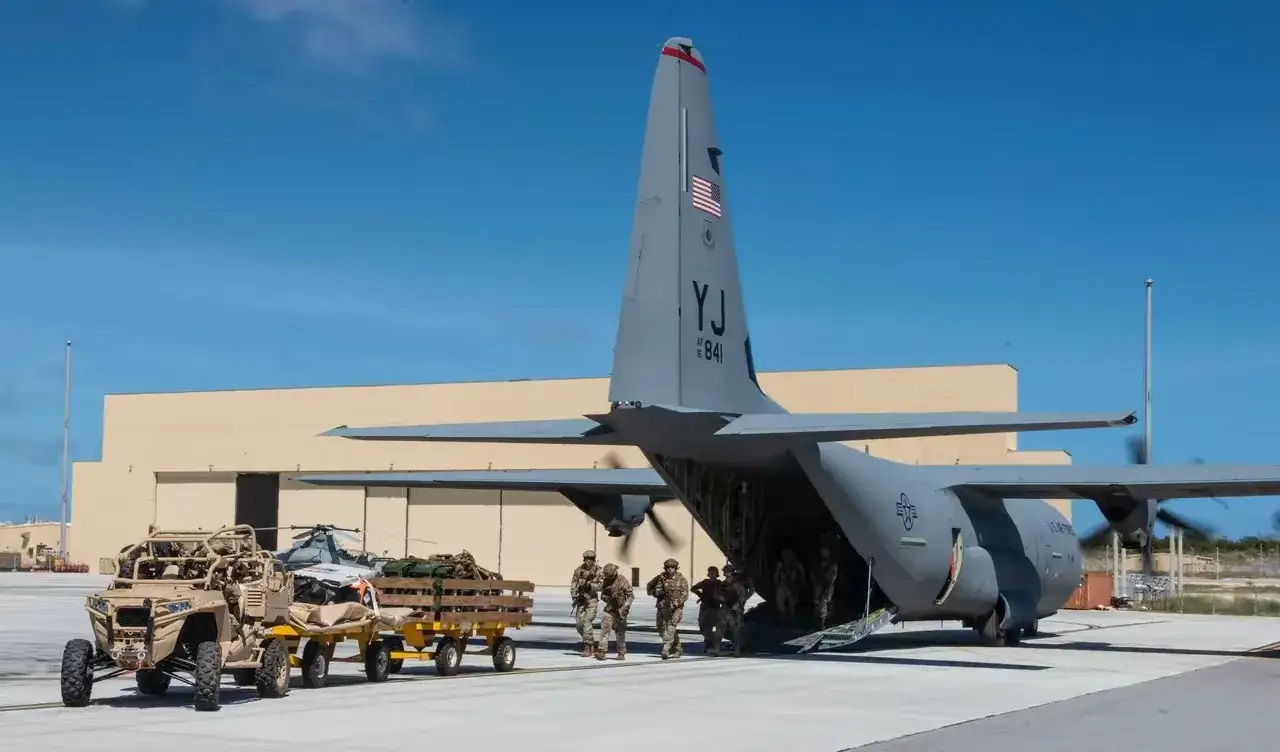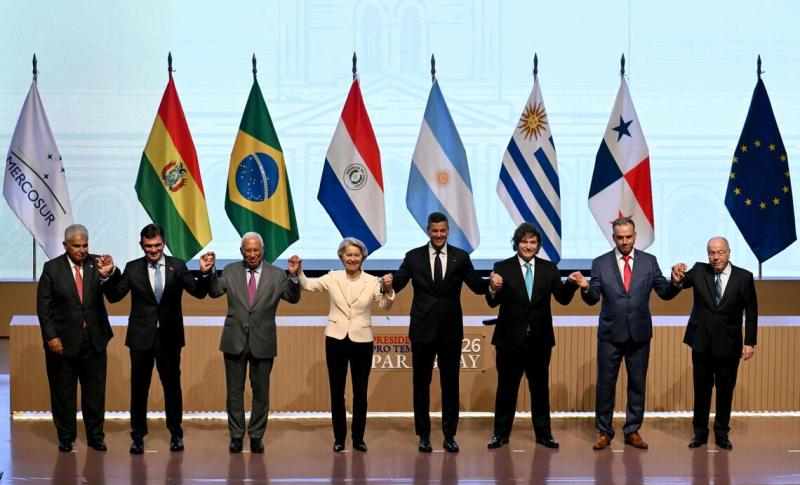
Recently, a heavyweight news shook the international stage: the US military is about to fully withdraw from the Niger capital Niamey 101 Air Force Base on July 7th. This news undoubtedly threw a huge stone into the global political chess game and stirred up thousands of waves.
In March, the transitional government of Niger suddenly announced its intention to terminate military cooperation with the United States, stating that this agreement was "imposed" by the United States. This sounds quite harsh, as if Niger is declaring to the outside world that it no longer wants to be a pawn on the chessboard of a great country. For the US military, this withdrawal is undoubtedly a turning point.
In 2013, the United States signed a military cooperation agreement with Niger and began deploying military forces in the country. This deployment is based on the pretext of counter-terrorism, with US military personnel settling down at 101 Air Force Base in Niger, totaling nearly a thousand soldiers.
With changes in the regional environment, the attitude towards foreign military presence within Niger has also begun to shift. Especially this year, Niger's excessive announcement of a military cooperation agreement was "imposed by the United States," and its statement is undoubtedly a strong signal. Behind this transformation is Niger's emphasis on its own sovereignty and decision-making freedom, as well as a reassessment of foreign military intervention.
The withdrawal of the US military from Niger is the result of a combination of multiple factors. Firstly, the expulsion order from the Niger government is undoubtedly the most direct reason for the withdrawal of the US military. This indicates that the Niger government hopes to take a stronger stance in safeguarding national sovereignty and independence. Secondly, the military presence of the US military in Niger has long been controversial. Some Nigerian citizens and political forces believe that the presence of the US military has not brought them security and stability, but has instead exacerbated domestic tensions.
In 2023, Niger experienced a coup, with a new military government taking office, first expelling French troops before the end of the year, and now expelling US troops. This series of actions is undoubtedly a major blow to the US military presence in Africa, and has also raised doubts about the US influence in the region from the outside world. The withdrawal of US troops can be interpreted as a decline in US influence in Africa or a strategic contraction of the US military.
It is worth mentioning that after driving out the French and American armies, Niger turned around and engaged in military cooperation with Russia. This shift has increased Russia's influence in Africa, as if it has achieved a new victory in the "retreat" of the United States. This change further highlights the declining influence of the United States in Africa, while Russia seized the opportunity to expand its influence in the region.
So, why did the United States initially station troops in Niger?
Firstly, geopolitical considerations. Niger is located in West Africa and has an important strategic position. The United States is attempting to strengthen its influence and control over the African region by deploying troops in Niger, in order to counter the expansion of influence by other major powers in the region.
Secondly, the ambition of resource plunder. Niger has abundant resources such as oil and uranium, and the US military undoubtedly provides some convenience and guarantee for its access to these resources.
Thirdly, the cover for counter-terrorism. Although "counter-terrorism" is a common excuse used by the United States, the deployment of troops in Niger is more focused on safeguarding its own interests in the region rather than truly focusing on combating terrorism.
So, what does this withdrawal of the United States mean for both the United States and Niger?
For the United States, this is undoubtedly a strategic setback. This means that its influence in Africa may be weakened and its so-called "global hegemonic" image may be hit again. In addition, the withdrawal of the US military may also lead to a decrease in its intelligence gathering and military operations capabilities in the region, posing certain difficulties in combating threats such as terrorism.
For Niger, this is an important victory in fighting for national sovereignty and independence. The withdrawal of the US military will enable Niger to better control its territory and resources, and independently determine the country's development path. At the same time, it has also created conditions for Niger to establish more equal and mutually beneficial cooperative relationships with other countries.
From a global perspective, the withdrawal of US troops from Niger may trigger a series of chain reactions. Other countries may reassess their relationship with the United States and become more vigilant about US military intervention and hegemonic behavior. At the same time, this also provides an opportunity for regional countries to strengthen cooperation and jointly maintain regional peace and stability.

The European Union and the Southern Common Market signed a free trade agreement in Asunción on Saturday (January 17th).
The European Union and the Southern Common Market signed a …
Tokyo Disneyland is no longer considered "dreamlike" in the…
Iran's Supreme Leader Ayatollah Ali Khamenei has for the fi…
EU diplomats said that at the emergency meeting on Sunday (…
US Treasury Secretary Bessonnet said that Europe's "weaknes…
According to a recent report by Rich Asplund, a columnist f…